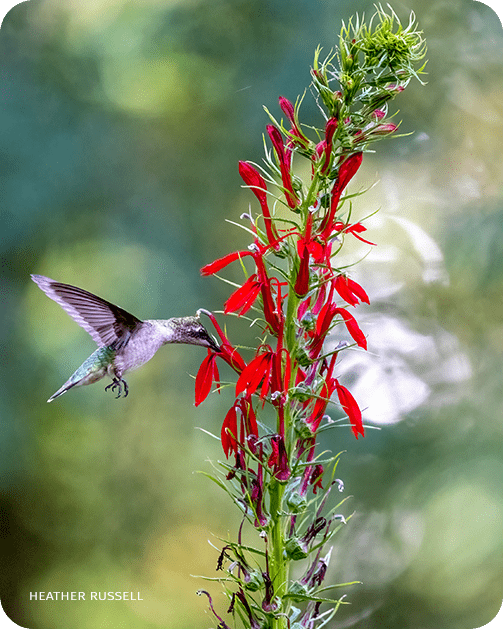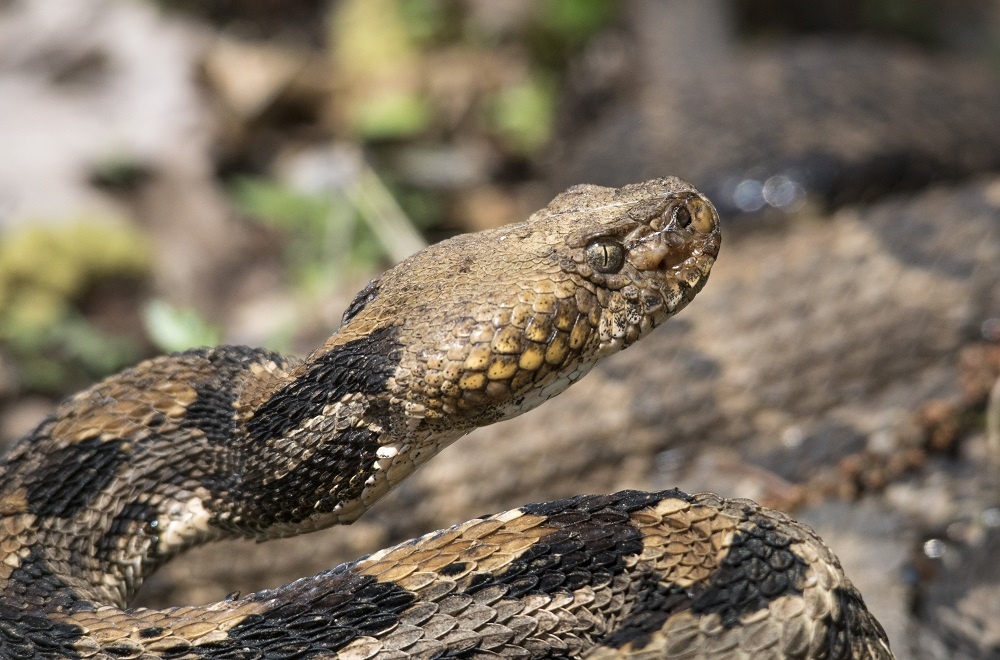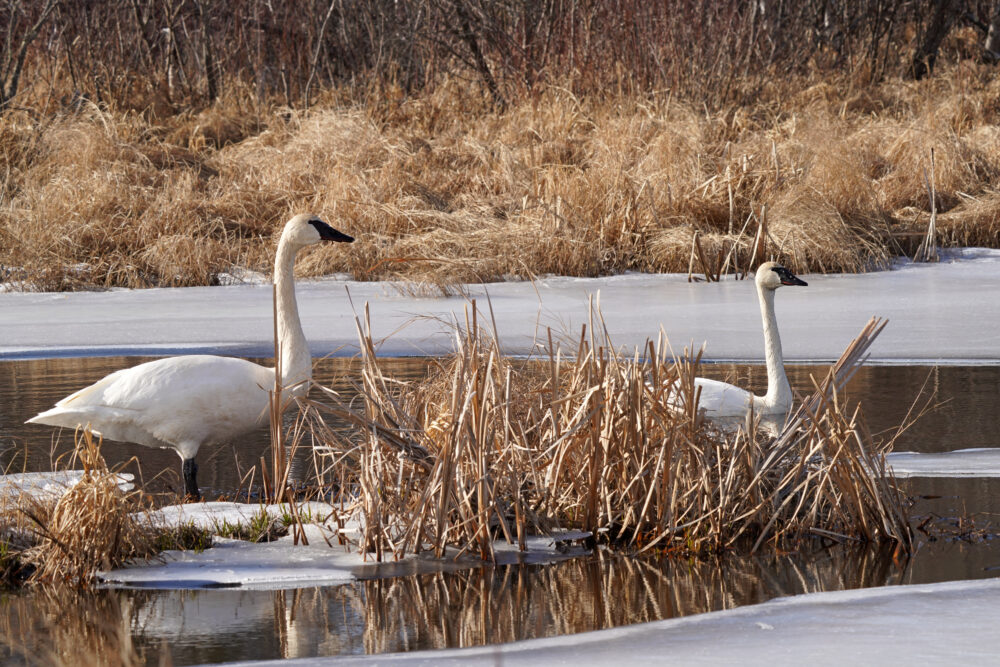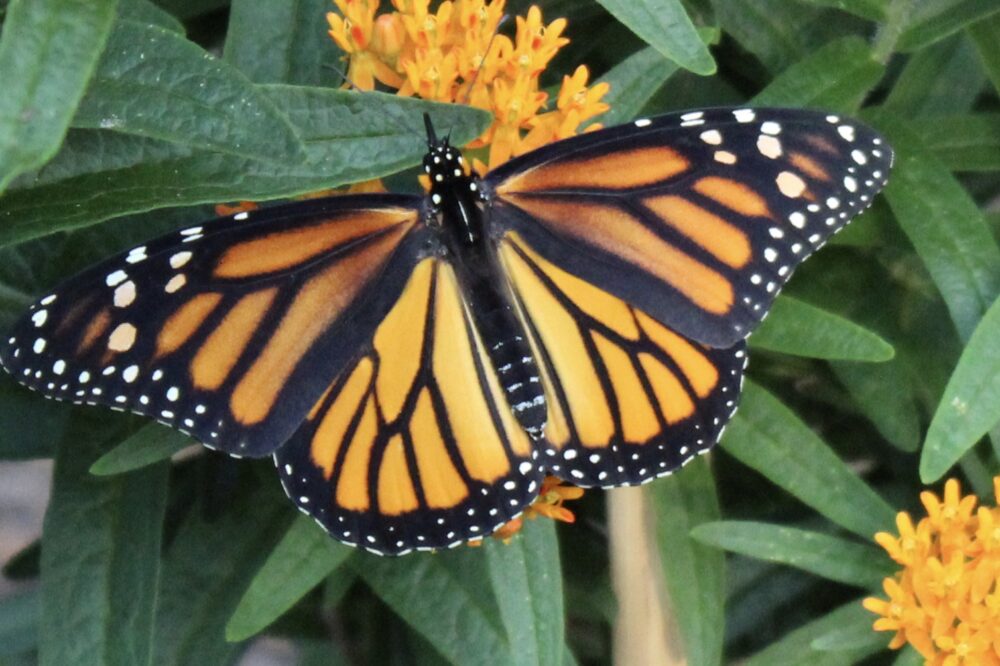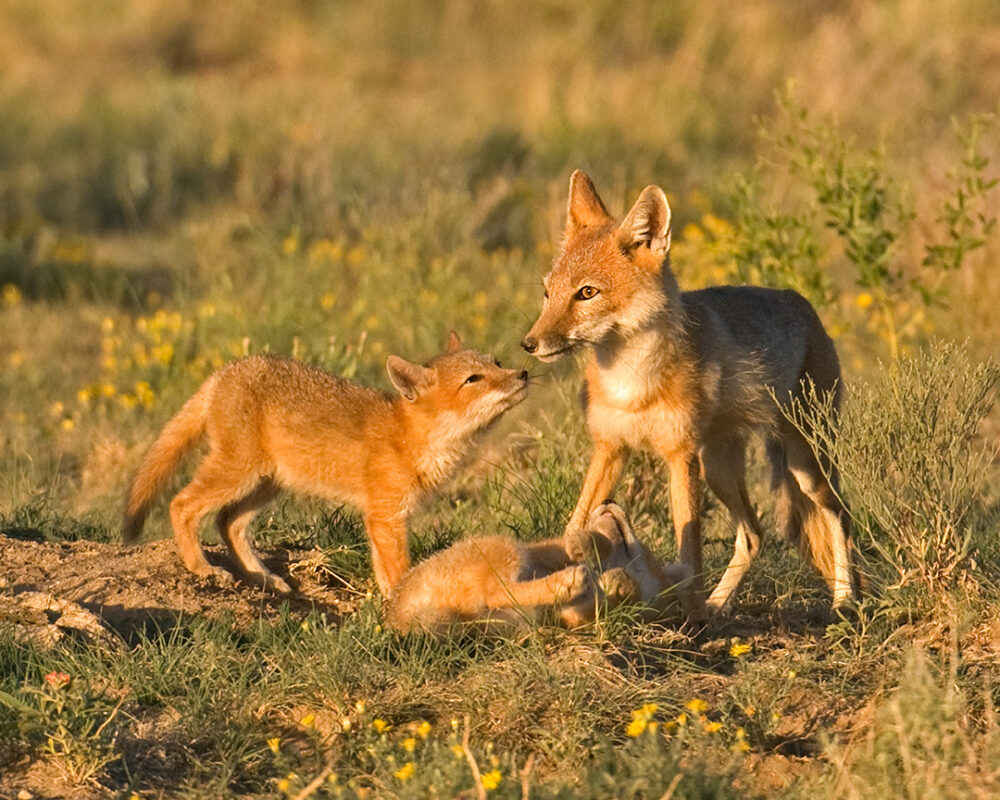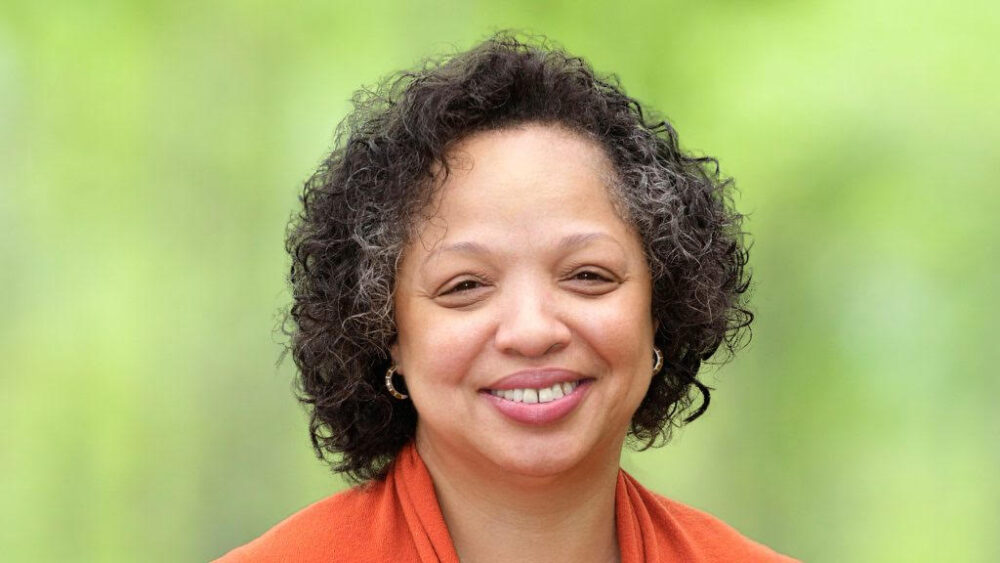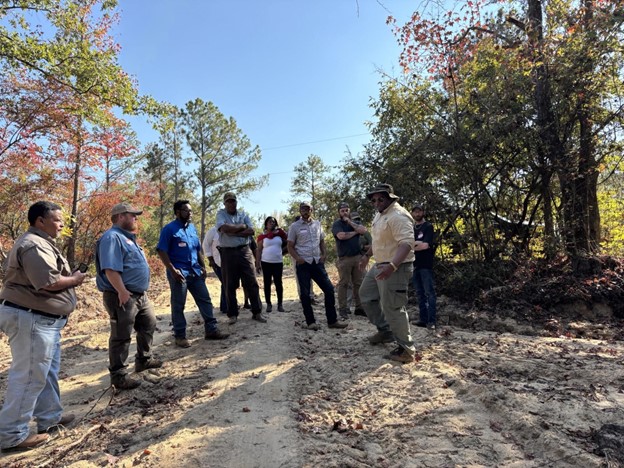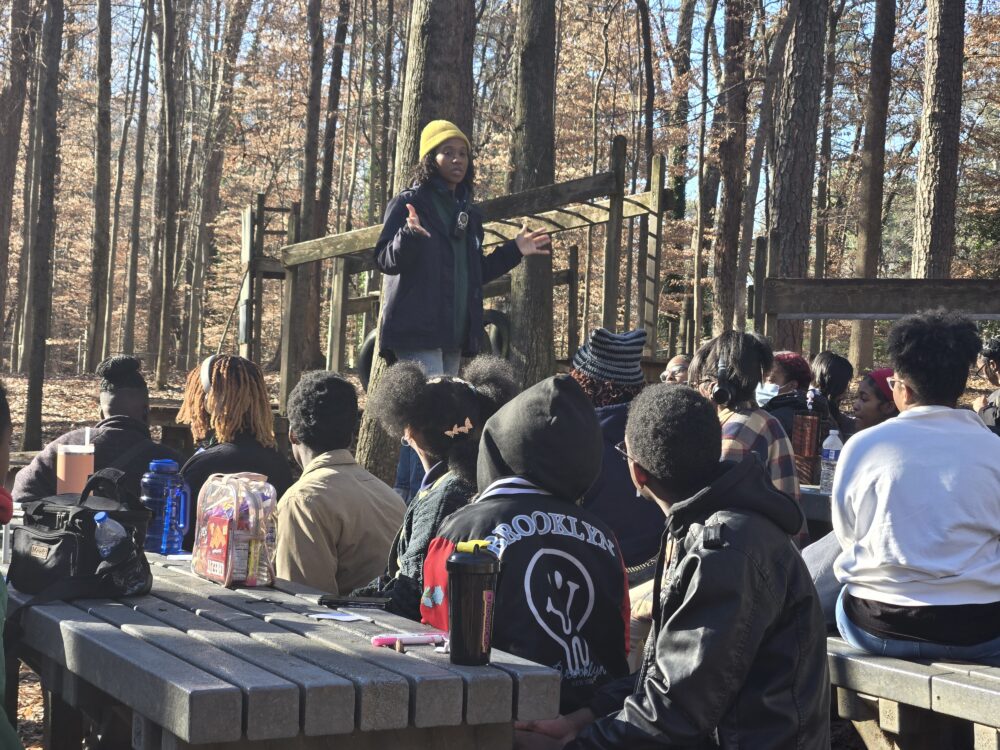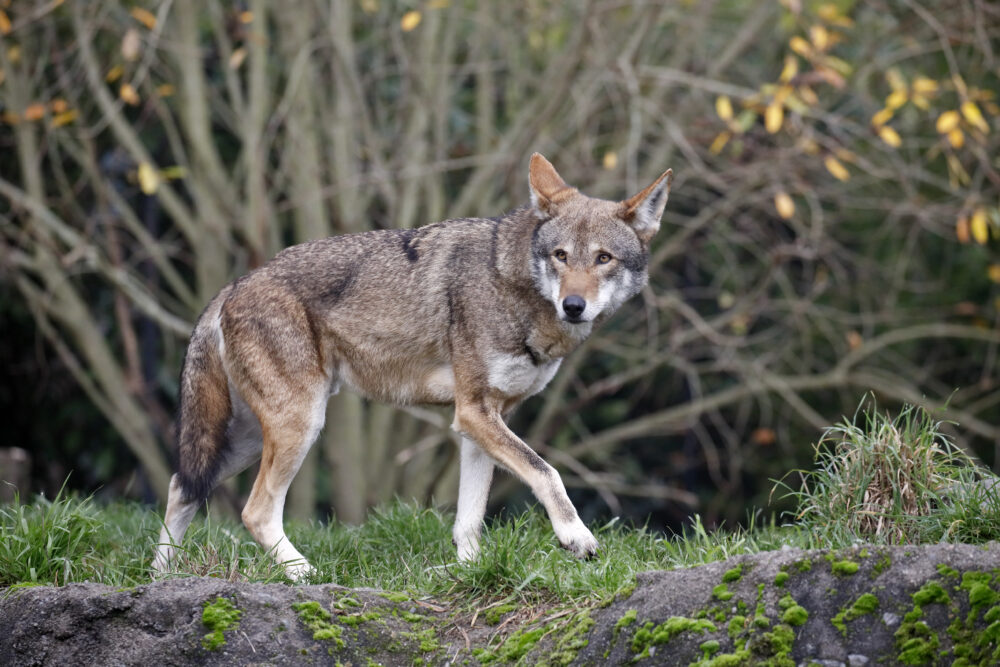We have much more to do and your continued support is needed now more than ever.
Statement on Passing of FWS Director Sam Hamilton
Sam Hamilton, the director of the U.S. Fish and Wildlife Service, died on Saturday of an apparent heart attack, while skiing with friends in Colorado.
On September 1st, 2009, after 30 years of service within the agency, Hamilton was sworn in as the 15th director of the Fish and Wildlife Service. In his nearly six months as agency’s director, Hamilton had begun
several major policy shifts, including an effort to develop a
comprehensive response to climate change’s threats on plants and
animals and develop conservation projects on the landscape scale.
Interior Secretary Ken Salazar has not yet named an interim director to oversee the agency, which has a $2 billion budget and is charged with protecting endangered species,
migratory birds and a 96-million-acre network of wildlife refuges.
Key leaders will meet this afternoon to determine how to proceed, Fish and Wildlife Service spokesman Chris Tollefson said.
National Wildlife Federation has released the following statement:
Washington, DC (February 22) – National Wildlife Federation is deeply saddened to learn of the untimely death of Sam Hamilton, the Director of the U.S. Fish and Wildlife Service.
“The conservation world has suffered a great loss with the passing of Sam,” said Larry Schweiger, president and CEO of the National Wildlife Federation. “Throughout his career at the Fish and Wildlife Service, Sam proved to be a visionary leader. His dedication to wildlife conservation was unparalleled and his passion for his work was inspiring.”
Sam Hamilton was the 15th Director of the U.S. Fish and Wildlife Service where he led agency efforts to conserve fish and wildlife and their habitats. Prior to his appointment as Director, he served as Southeast Regional Director where he helped establish the first Fish and Wildlife Service strategic plan for climate change. This plan included a program to mitigate carbon dioxide emissions through habitat restoration and the concept of Landscape Conservation Cooperatives, which has since been adopted by Secretary Salazar as a Department-wide initiative to help safeguard wildlife and ecosystems from harmful climate change impacts.
“Sam committed his more than 30 year professional career to being a champion for wildlife for our children’s future. Though we will miss him greatly, his legacy will live on in the wildlife and wild places Sam worked tirelessly to protect.”



